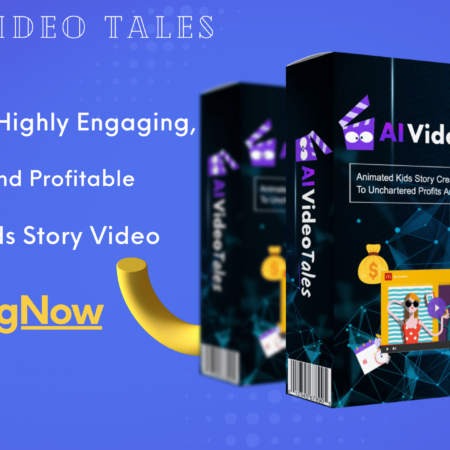Introduction
In today’s digital landscape, influencer marketing has emerged as a highly effective strategy for brands to connect with their target audiences. By collaborating with influential individuals on various online platforms, brands can leverage their reach, credibility, and engagement to promote products or services. This comprehensive article delves into the world of influencer marketing, discussing its definition, benefits, challenges, and best practices. Through exploring frequently asked questions, examining the pros and cons, highlighting the benefits for both brands and influencers, and providing valuable insights, readers will gain a thorough understanding of influencer marketing’s dynamics and potential.

FAQ’s
What is influencer marketing, and how does it work?
Influencer marketing is a form of collaboration between brands and influential individuals on social media platforms.
Brands partner with influencers to promote their products or services to the influencers’ engaged audience.
How do brands identify the right influencers for their campaigns?
Brands consider factors such as target audience alignment, engagement rate, content quality, and influencer authenticity.
Utilizing influencer marketing platforms and conducting thorough research can help identify suitable influencers.
How do influencers monetize their platforms through brand partnerships?
Influencers generate income through sponsored content, brand collaborations, affiliate marketing, and product endorsements.
Brands compensate influencers based on various models, such as flat fees, performance-based incentives, or free products.
What are the key metrics to measure the success of influencer marketing campaigns?
Metrics include reach, engagement rate, click-through rate, conversion rate, and return on investment (ROI).
Customized tracking links, unique discount codes, and specialized tracking tools aid in measuring campaign success.
How can brands ensure transparency and authenticity in influencer collaborations?
Brands should establish clear guidelines and disclosure requirements for sponsored content.
Encouraging honest and genuine reviews and ensuring transparency in the influencer-brand relationship promotes authenticity.
Pros of Influencer Marketing:
- Wide audience reach: Influencers have established loyal followings, providing brands with access to a large and engaged audience.
- Credibility and trust: Influencers build trust with their followers, and their recommendations come across as genuine endorsements.
- Targeted marketing: Brands can partner with influencers whose audience aligns with their target demographic, ensuring effective targeting.
- Creative storytelling: Influencers possess a unique ability to create compelling content that resonates with their followers and aligns with brand messaging.
- Increased brand awareness: Collaborating with influencers can significantly boost brand visibility and create a buzz around products or services.

Cons of Influencer Marketing:
- Influencer fraud and fake followers: The presence of fake followers and influencer fraud can hinder the effectiveness of influencer marketing campaigns.
- Brand misalignment: Choosing the wrong influencer can result in a mismatch between the brand and the influencer’s audience or values, leading to ineffective collaborations.
- High costs: Collaborating with established influencers can be expensive, particularly for brands with limited marketing budgets.
- Overexposure and saturation: The constant influx of sponsored content can lead to audience fatigue and diminishing returns on investment.
- Lack of control over messaging: Brands must relinquish some control over the content creation process, relying on influencers to deliver the brand message effectively.
Benefits of Influencer Marketing:
- Targeted audience engagement: Influencers enable brands to connect with niche audiences that align with their target market.
- Enhanced brand credibility: Endorsements from trusted influencers can enhance brand credibility and reputation.
- Cost-effective reach: Collaborating with micro-influencers or nano-influencers provides cost-effective access to highly engaged communities.
- Creative content creation: Influencers bring their creativity and unique perspectives, producing authentic and engaging content that resonates with their followers.
- Measurable impact: With the right metrics in place, brands can accurately measure the success and impact of influencer marketing campaigns.

Conclusion
Influencer marketing has become a dominant force in the digital marketing landscape, empowering brands to connect with their target audiences in authentic and engaging ways. By strategically partnering with influencers, brands can leverage their reach, credibility, and creativity to achieve various marketing objectives. However, influencer marketing is not without its challenges, such as influencer fraud, brand misalignment, and maintaining authenticity. By addressing these challenges and implementing best practices, brands can unlock the potential of influencer marketing to drive brand awareness, engagement, and business success.












No Comment! Be the first one.